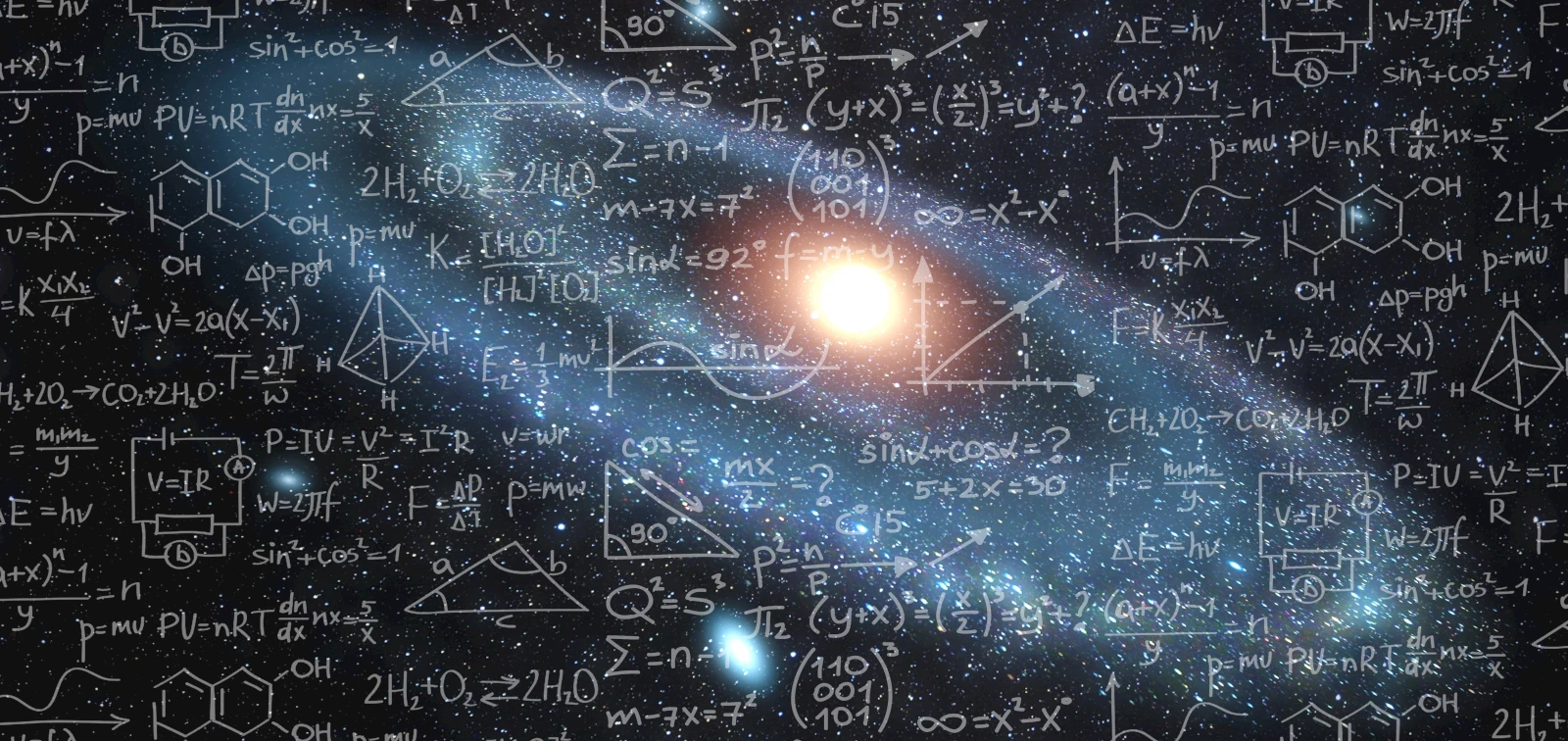Climb the Crest of Your Career Ladder with a Ph. D. in Physics

Blog / September 10, 2024
A Ph. D. in Physics is a natural science course that deals with studying the laws of nature and matter. Being an interdisciplinary area, the knowledge acquired while pursuing Ph. D. in Physics can be put to use in various other areas like Nuclear Sciences, Electronics, Astronomy, etc. This doctoral program offers you an array of specialization areas including Biophysics, Nanomaterials, Robotics, Semiconductors, Advanced Thermodynamics, Kinetics, Condensed Matter Physics, Artificial Intelligence, Photonics, Quantum Mechanics, etc.
This article further aims to elaborate on various questions asked by students planning to pursue the course, such as, What is Ph. D. in Physics, How many years is the Ph. D. Physics in India, What are the syllabus and eligibility criteria for the course? etc.
What is Ph. D. in Physics?
A Ph. D. in Physics is an advanced degree imparted as a terminal degree to students who want to work toward the highest level of education in this domain. A Ph. D. degree is considered a milestone in one’s academic career because it signifies that you have acquired the most fundamental-plus-broad knowledge of physics.
How Many Years is the Ph. D. Physics in India?
- A Ph. D. in Physics in India typically takes four-six years to complete.
- The first two years of the course consist of advanced coursework, and students start to research during their first year.
- The final two years of the course are for completing dissertation research and writing it up. Students have to pass a final oral exam that reviews their dissertation and all facets of their graduate training.
What is the Syllabus for Ph. D. in Physics?
Doctorate of Philosophy in Physics is a four-to-six years doctorate course that allows students to seek a full-time frame of free exploration, students with research abilities, and expert information. The syllabus for Ph. D. in Physics includes both core and elective subjects as the curriculum. The Ph. D. Physics course subjects include:
- Quantum Optics and Laser Physics
- Matter Physics
- Solid State Physics and Materials Science
- High Energy Physics
- Nonlinear Optics and
- Electronic Science
What is the Minimum Eligibility for Ph. D.?
The admission process for enrolling in a Ph. D. program in Physics is very holistic. The applicants not only have to fulfill the eligibility requirements but should also have various quality research papers and patents. Even though the minimum eligibility criteria for a Ph. D. in Physics differ from one university to another, and here are some common requirements accepted across most of the institutes:
- Candidates must have completed their post-graduation in relevant subjects from a recognized university
- Candidates with a post-graduation or M. Phil., preferably in Physics or Material Science, are eligible to apply
- Candidates must hold a minimum of 60% aggregate marks in the last qualifying examination
- Candidates are also selected on the basis of the marks secured by the candidates in the entrance exams like:
- CSIR NET
- UGC NET
- GATE and
- UGC JRF
Gain Industry-Specific Knowledge and Experience at Shiv Nadar IoE
The Department of Physics in the School of Natural Sciences at Shiv Nadar Institution of Eminence (Deemed to be a University) is an active and expanding research center with a focus on the areas of experimental and theoretical condensed matter physics, nanotechnology, and development of novel materials for energy and environmental applications, and in experimental and theoretical particle physics.
The Department of Physics imparts a vibrant and rigorous doctoral program drawing on its various strengths:
- It is a part of the School of Natural Sciences, which encourages and facilitates multidisciplinary disciplinary research activities.
- Many of the faculty members of the university have worked in some of the leading international research institutes. Some of them are part of huge international research collaborations.
- The Department of Physics at Shiv Nadar IoE encourages collaborative research with industry. Some faculty members are exploring joint research programs with reputed technological companies.
Moreover, many of the research projects at the School of Natural Sciences at Shiv Nadar IoE are interdisciplinary in nature, involving collaborations within the department and across various departments in the School of Natural Sciences, as well as other schools and research centers of the university to impart a leading-edge knowledge and understanding of the area.
Stand Out in the Competitive Job Market with a Ph. D. in Physics
Possessing a Ph. D. in Physics will help you to stand out from others when applying for a job. This degree can make all the difference for sought-after roles. In addition to the potential discipline expertise and skills you have picked up, having a Ph. D. in Physics demonstrates your commitment and capability to work independently, which will be extremely valuable for you as an employee.